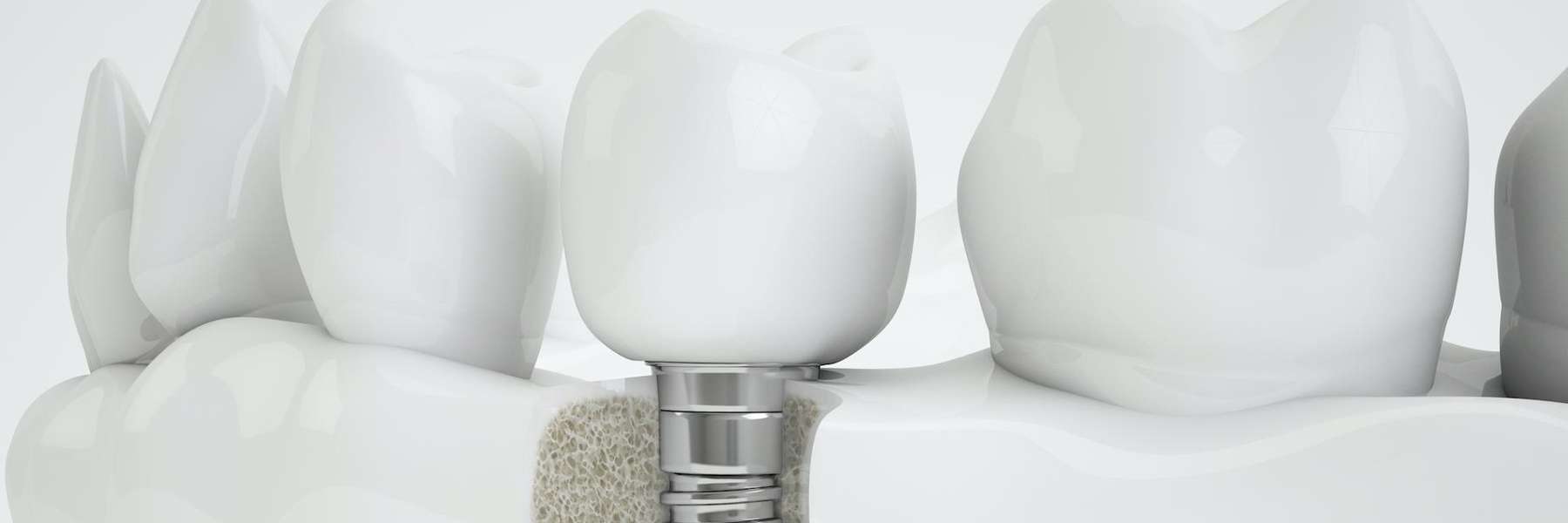
Anyone who's suffered the significant decaying or breakage of a tooth will tell you: at its worst, the pain accompanying these maladies is so intense as to make simply thinking difficult. So, it stands to reason that serious decision-making, whether to opt for a tooth-saving root canal or a tooth extraction and dental implant, for instance, is probably out of the question at these moments.
Thus, it's important that we all consider decisions like these in clear-headed, pain-free times, at which we do not have to make such calls.
Let's take a look at each of these options and the factors that affect the decision to choose one or the other.
What Is a Root Canal?
A root canal is a common (and, despite its reputation, relatively pain-free) procedure to remove the infected or damaged "pulp" (nerve and blood vessels) from inside of a tooth and fill and seal it with a special material to preserve the tooth's structure and prevent further decay. According to the Journal of Endodontics, with proper care, some 86% of root canals last for more than a decade!
If it is determined that the natural tooth has enough structural integrity remaining to support the filling material and a dental crown, a dentist will generally recommend a root canal as the preferred treatment option.
What Are Dental Implants?
Dental implants, on the other hand, are a solution to tooth loss in which artificial roots are surgically implanted into the jawbone and often covered with a porcelain crown. Dental implants, which are designed to look and function exactly like natural teeth, differ from other tooth replacement options in that they replace not only the tooth but also the root.
Implied in the decision to opt for an implant over a root canal, of course, is that the tooth in question must also be extracted, making the procedure more invasive and stressful on the patient's mouth and jaw than a root canal.
Considerations for Deciding to Save a Tooth with a Root Canal?
Obviously, if a tooth is decayed, cracked, or broken beyond repair, an extraction and implant placement may be the best option, provided, of course, the patient's gums and jawbone are strong enough. Also, though an implant will likely be more expensive than a root canal, and despite root canals' impressive longevity, dental implants are extremely tough to beat on durability.
However, if the tooth, though infected or damaged, is intact to the point that it will support the filling and a dental crown, a root canal that saves the natural tooth may be preferred. Of course, only a dentist or oral surgeon, after considering a patient's oral and overall health, can definitively determine the best option.
Family Dentist in Springfield, Missouri
If you're in the Springfield area and must decide between a root canal and a dental implant, contact dentist Dr. Preston White and the team at White Smiles to schedule a consultation appointment to determine the option that's right for you.

